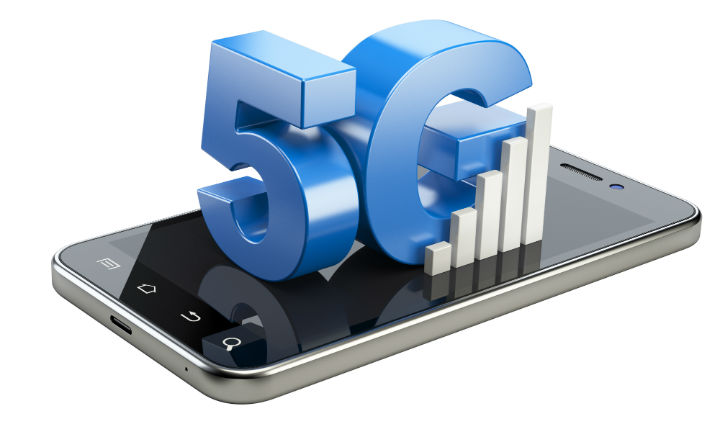By Martin Ekpeke
Nigeria’s biggest telecom operator, MTN Nigeria has dispelled media report that it is set to launch 5G service by 2020.
MTN’s Public Relations Manager, Funso Aina, while responding to media report that quoted its Chief Transformation Officer, Mr. Bayo Adekanmbi to have said at the Nigeria ICT Impact CEO Forum in Lagos that MTN is set to launch 5G network in 2020, said though the network operator has severally spoken about the possibilities of exploring 5G, there was never a time it commits to delivering it by any timeline.
“While it is true that we spoke on the topic at the event which was ‘5G and 2020,’ we did not commit to delivering it by any timeline. That erroneous impression should be dispelled,” she said in an email message.
She added that MTN only explored the possibilities, discussed issues that will hinder it from regulatory/policy perspectives and shared a case study of a test it did with Ericsson in South Africa.
Aina also noted that as a way of democratizing voice and data connectivity in order to improve user experience, MTN has invested over N800 billion on network infrastructures in Nigeria in order to break barriers in service delivering.
MTN’s Bayo Adekanmbi had at the Nigeria ICT Impact CEO Forum in Lagos delivered a paper titled ‘5G: Delivering high quality voice and data services for 2020 and beyond,’ argued that 3G and 4G network may seem great, with the former offering web browsing and access to the Over the Top ecosystem, which allows you to make calls and send media that bypasses your network operator, but 5G technology infrastructure has far better capabilities.
He noted that 5G network is expected to come with major improvements on its predecessors, with a range of new technologies. In terms of speed, the 5G network infrastructure will be up to ten times faster than the 4G network, stressing that 5G’s instant response time equips it to vastly improve quality of living; as users obtain a better experience–from digital financial services.
5G, according to Adekanmbi is expected to significantly change healthcare, particularly telemedicine, as we know it: It will support medical devices and innovative applications that will define new possibilities in imaging, diagnostics, and patient data analytics and treatment. 5G’s speed allows near-life videos that accommodate these possibilities in healthcare, as well as, virtual education and precision agriculture.
Apart from speed, 5G network infrastructure will be a key asset to support societal transformation, leading to the fourth industrial revolution impacting multiple sectors.


